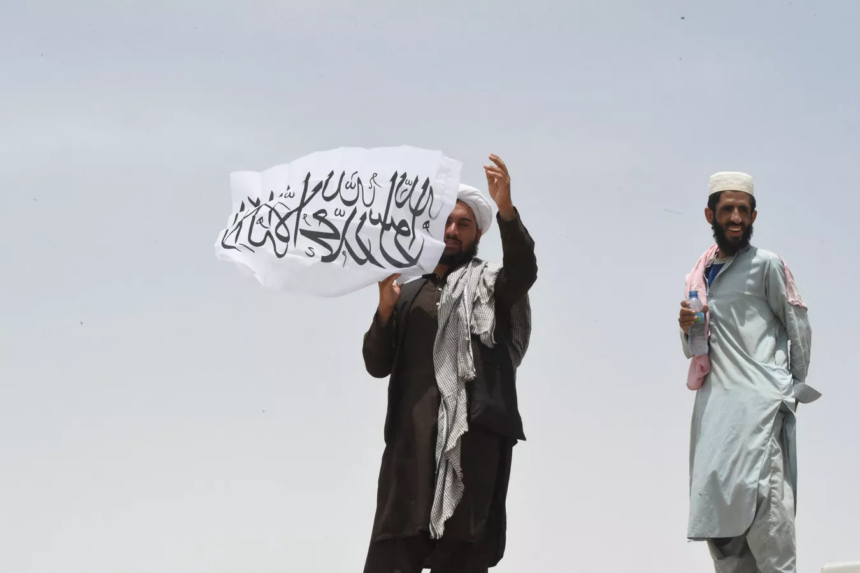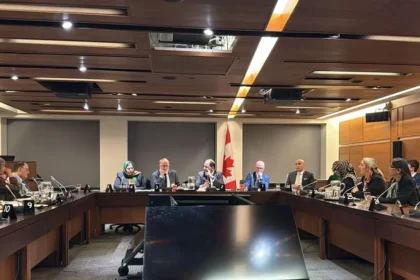RASC News Agency: Plans for a major Loya Jirga a traditional grand council initiated by Taliban Supreme Leader Mullah Hibatullah Akhundzada have been temporarily suspended due to escalating internal disagreements among the group’s senior leadership. Sources close to the Taliban in Kabul confirm that this suspension stems from objections raised by key officials over the proposed structure and exclusive composition of the gathering. According to the information obtained, prominent Taliban figures including Interior Minister Sirajuddin Haqqani, Defense Minister Mullah Yaqoob, and senior official Shahabuddin Delawar have emerged as primary critics of the proposed delegate list. These officials reportedly expressed dissatisfaction with what they perceive as a closed and monopolized selection process, reflecting growing factional tensions within the group’s upper echelons.
Previous reports indicated that Akhundzada had intended to convene the Jirga shortly after Eid al-Fitr, with the dual objectives of reinforcing the Taliban regime’s internal legitimacy and facilitating the formal implementation of controversial Sharia-based penalties such as hudud and qisas. However, the initiative has stalled in the face of internal dissent, particularly from Taliban factions based in Kabul who see the assembly as a costly and ineffective symbolic gesture with no meaningful outcome. Some Taliban leaders have advocated for a broader and more inclusive Jirga, proposing the inclusion of representatives from various ethnic groups, respected tribal elders, civil society members, and influential figures from across the country. They argue that a diverse and participatory council could help foster domestic legitimacy and potentially draw the attention of international actors. However, reports suggest that Akhundzada rejected this proposal, opting instead for a narrowly defined assembly composed primarily of loyal clerics and tribal leaders.
The original plan reportedly involved the participation of nearly 2,000 individuals, with provincial governors instructed to select 1,344 delegates from districts nationwide primarily religious and tribal figures aligned with the Taliban leadership. Beyond the Taliban’s internal discord, several anti-Taliban political groups have voiced serious concerns over the proposed Jirga. These critics argue that an assembly orchestrated entirely under Taliban control, devoid of pluralistic representation and conducted without transparency, cannot provide genuine legitimacy either domestically or internationally. In their view, such initiatives merely serve to consolidate power and stifle dissent under the guise of national dialogue.
The suspension of this grand council highlights not only the widening internal fractures within the Taliban’s leadership but also the broader failure of the group to establish an inclusive and accountable system of governance. Nearly four years into Taliban rule, Afghanistan remains devoid of meaningful political representation, while the regime continues to isolate itself through unilateral decisions and ideological rigidity. As the humanitarian, social, and political crises in Afghanistan deepen, the derailment of the Loya Jirga underscores the Taliban’s growing internal instability and their inability to address the country’s complex realities through inclusive and transparent mechanisms.






